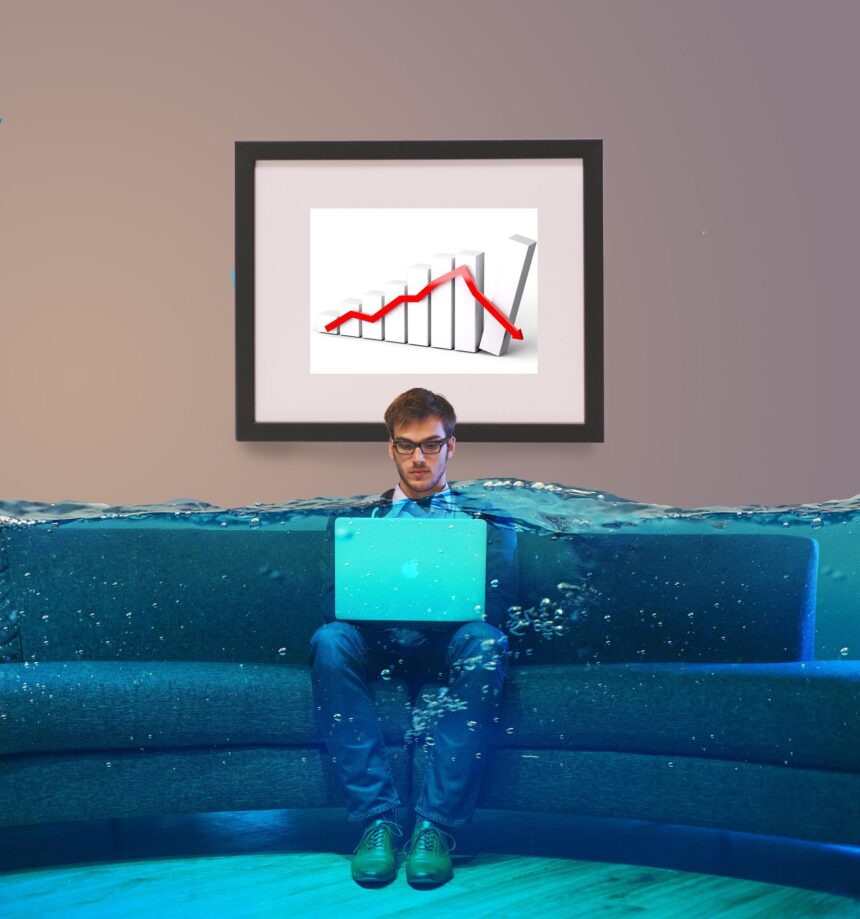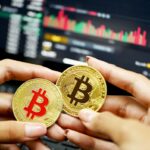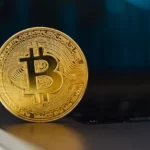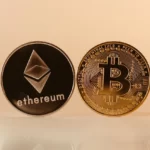Tumbling stock markets, skyrocketed inflation and high interest rates world over makes people assume if we are in a recession or we are going into a recession soon. When will it begin?
Surely there are signs of an emerging economic downturn.
The US is facing a four decade high inflation rate. Major banks have enhanced the probability of facing a recession in the near future. Analysts at Goldman Sachs predicted a chance of 30% to face recession by next year. While economists at Bank of America predicted a recession in the year 2023 with a probability of 40%.
According to a survey more than 70% of Americans already think that recession is coming. They are preparing for the economic downturn. They are fearing the biggest sign of recession, which is high inflation. Other disturbing signs are reduced consumer spending, increased unemployment, decline in housing and rent prices.
Global Outlook
Europe is fighting an energy and food crisis and facing waves of migration. Moreover, the recent Italian government crisis and growth forecast downgraded by the European Union only shows a way towards recession. China also released data that revealed slower economic growth prospects for the country and the collective global economy.
The IMF also warned the global economies to take fiscal and monetary measures to tackle the rising inflation that could bring the recession.
The IMF chief wrote that “Persistently high inflation could sink the recovery and further damage living standards, particularly for the vulnerable. Inflation has already reached multi-decade highs in many countries, with both headline and core inflation continuing to rise”.
Before going into the depth of understanding causes and impacts of recession, if it’s really going to hit the people and how to prepare for the one, let’s understand what recession is all about.
What is Recession?
A recession is a significant decline in economic activities that usually lasts for more than a few months or years in a row. This economic slowdown is normally visible with declined Gross Domestic Product (GDP), rising unemployment, less industrial production and deprivating wholesale and retail sales. Most popular rule of thumb to define a recession officially is the two consecutive quarters of declining GDP.
Impacts of Recession
Recession can put the burden on those countries having elevated debts. They can face the risk of expensive borrowings. High interest rates can further enhance the core inflation in the countries. Poor would be the most affected due to increased prices of food and fuel. As poor people have the majority of their income spent on food and fuel items. Real war would be against unemployment and poverty.
When will the Recession Begin?
It is still unclear to predict the exact time for the beginning of a recession.
Experts have different opinions. Most experts are not concerned about the ‘if’ but they are discussing more about the ‘when’. This shows a high probability of a recession likely to hit the economies.
The IMF predicted the possibility of recession by early 2023. The Goldman Sachs survey revealed on 13 July 2022 that 93% of small businesses in America are worried that they are going to face recession soon. Small businesses are considering the most probable time for the recession by the next six months.
The World Bank earlier in June already cut its global growth forecast to 2.9%, that’s nearly one third.
Managing Director of IMF Kristalina Georgieva said the lender’s outlook for this year and the next will be downgraded. She warned that the year 2023 would be tougher than this year due to fear of recession. She urged for global cooperation in this time of trouble.
It is still unclear for the exact time a recession can hit. But undoubtedly the poor economic condition of world economies are visible.
Causes
A very high oil and gas prices due to Russian invasion on Ukraine and continuous hike in interest rates by the Federal Bank of America are the major causes for the fear of a pending recession. The US is the world’s largest economy and its economic fall would surely affect the world economies in the same or worse manner. Europe is also badly affected by the fuel and food shortages due to the Russia-Ukraine war crisis and disruption of supply chains all across Europe. This has led to almost a situation of war-cession that is a recession caused by the war.
Can Recession be Tackled?
Chief economist of World Bank Carmen Reinhart said she was sceptical that the recession can be avoided due to rising inflation, high interest rates and slow growth in China.
Still, no one wants to face the dire consequences of deflationary crisis after battling long with health crisis and lockdown.
To fend off the negative fallouts of recession, it is important for the major world economies like G20 nations to come together. They can provide resources, food and money for poor nations that are most likely to be impacted by rising costs of food energy and other basic necessities.
How to prepare for the Recession?
People are really upset with the elevated prices in everyday grocery bills and gas prices. People are worrying about their inability to pay their bills in case of a looming recession.
As per the survey done by MagnifyMoney, people have started to prepare for the recession. 62% of respondents say that they are planning to cut back on their budget. While 26% are setting up their emergency funds.
Experts are also nodding to these cuts on spending in case of job loss and financial crunch. At this point of time, experts are advising people to work on job performance, establishing a side gig and being alert and cautious towards their investments.












